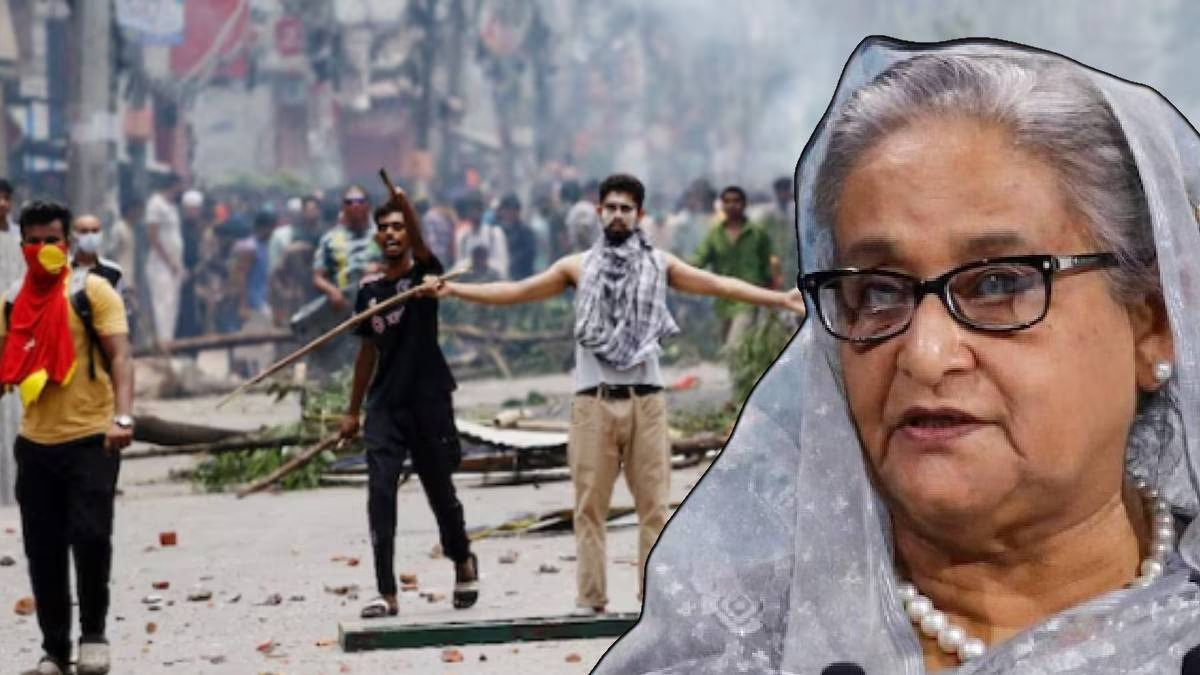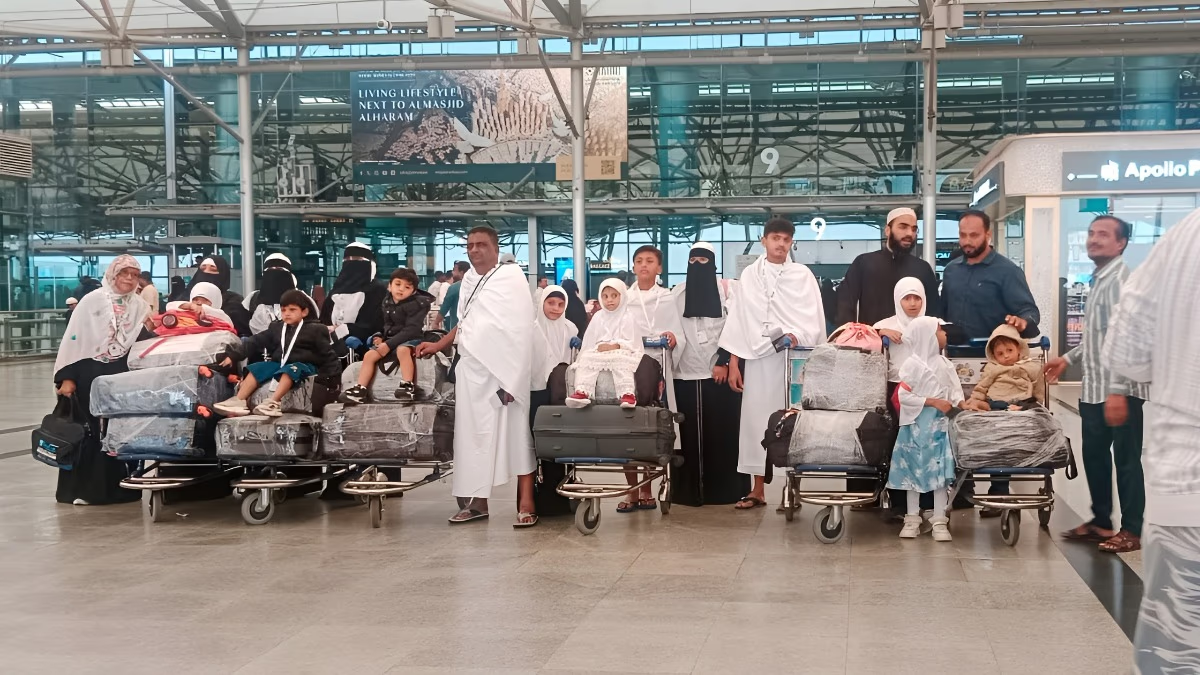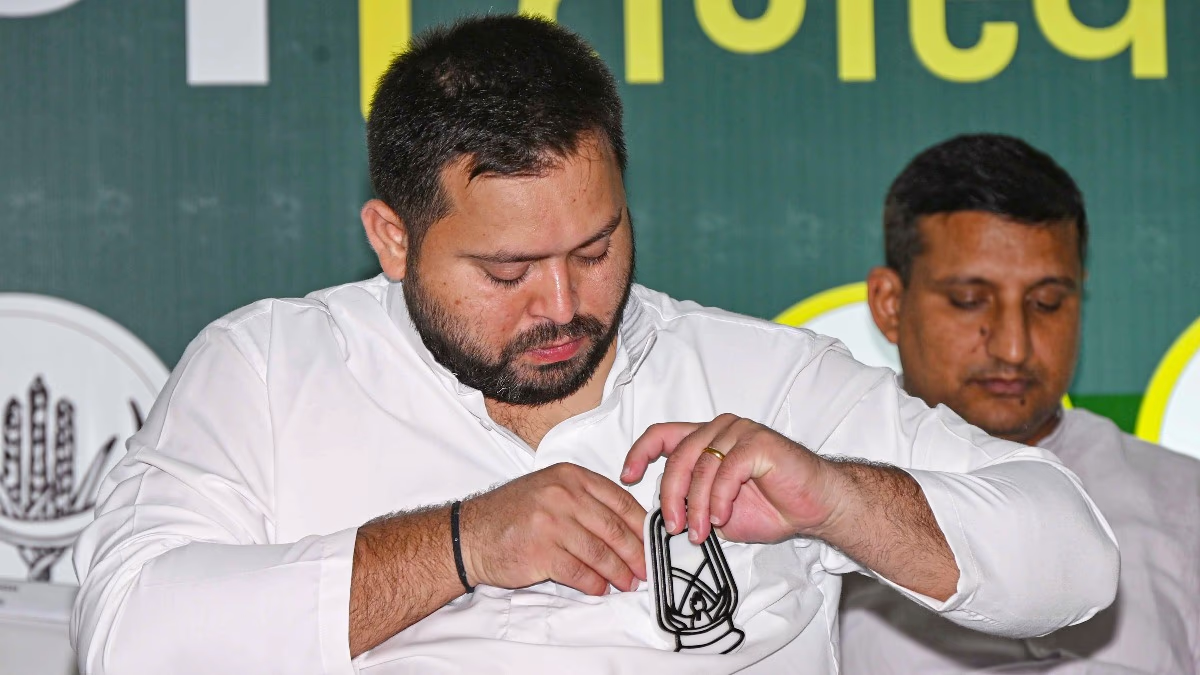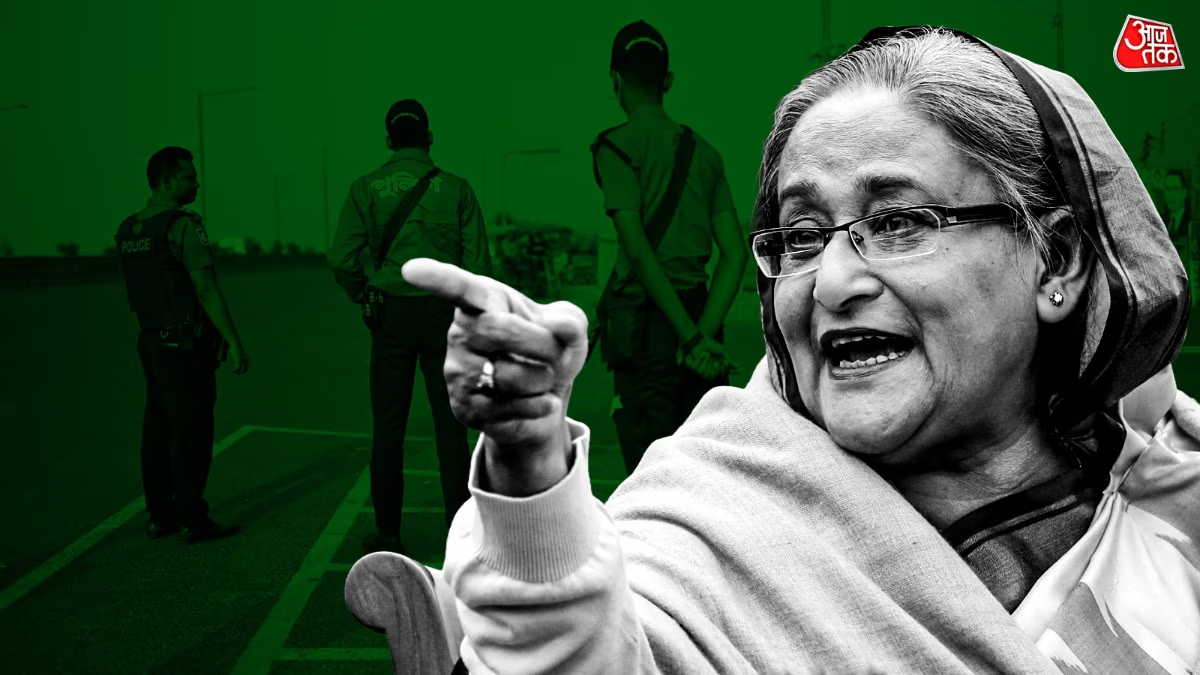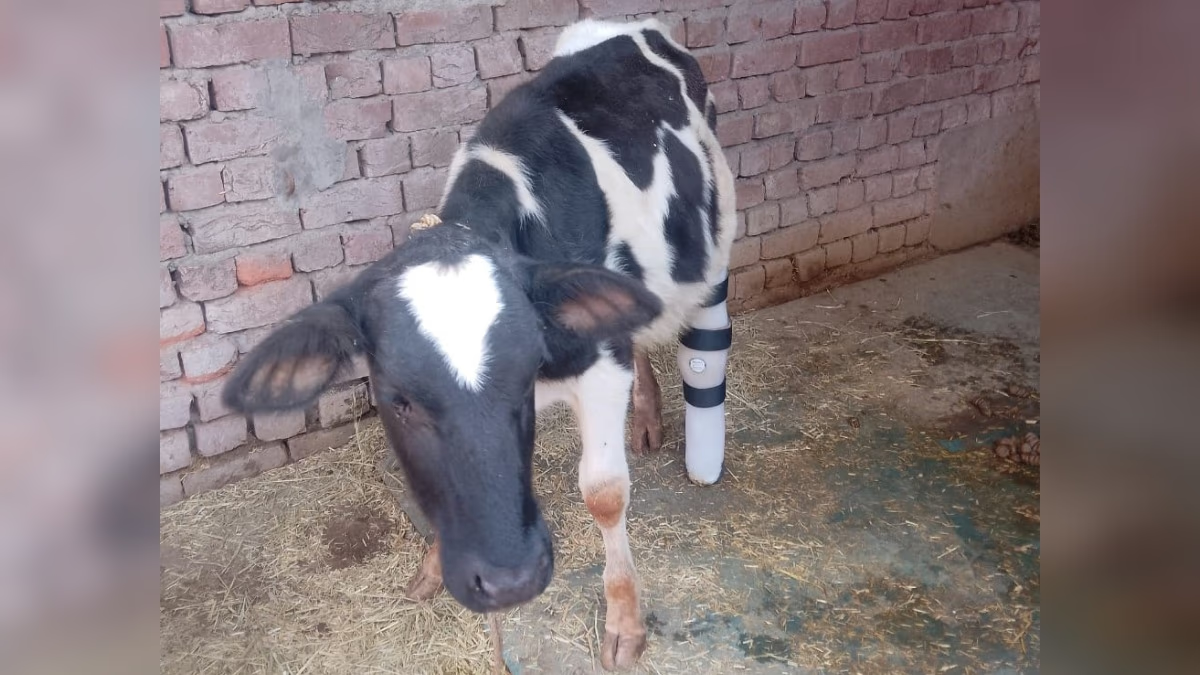The downfall of Bangladesh's former Prime Minister Sheikh Hasina began with the 2024 student movement and led to her death sentence on November 17, 2025. For 15 months, this case dominated headlines, bringing to light major political, legal, and international developments that marked it as one of history's most controversial trials.
August 5, 2024:
Hasina Ousted by Student Movement
On August 5, 2024, a large student-led protest in Bangladesh escalated dramatically. Anger over social media bans, unemployment, corruption, and police actions grew, causing turmoil nationwide. When protests spiraled out of control, security forces couldn't manage the situation, leading to Prime Minister Sheikh Hasina stepping down under immense pressure and seeking refuge in India — a major political shift in Bangladesh's modern history, now in the hands of Nobel laureate Muhammad Yunus.
August 8, 2024:
Formation of Interim Government
Just three days later, on August 8, 2024, an interim government led by economist and Nobel laureate Muhammad Yunus was established. This government aimed to restore stability, manage law and order, and investigate the violence in the student movement, pledging complete transparency in the judicial process.
August 14, 2024:
Decision to Try in ICT-BD
On August 14, the interim government announced that the investigation of murders and violence during the student movement would be conducted in the International Crimes Tribunal-Bangladesh (ICT-BD), broadening the scope to crimes against humanity.
October 2024:
ICT-BD Restructured
In October 2024, the government restructured ICT-BD with a new framework to ensure an unbiased investigation and trial. The new team was tasked with working swiftly and fairly.
October 17, 2024:
Arrest Warrant for Hasina and Others
On October 17, the tribunal issued arrest warrants for Sheikh Hasina and 45 senior Awami League leaders, accused of murder, repression, and human rights violations. Although Hasina was already out of the country, the warrant was significant, marking a turning point in the trial.
November 2024:
Deadline for Investigation by December
In November 2024, ICT-BD's three-member bench instructed the investigation team to conclude their probe by December 2024. Although the timeframe was tight, the government pushed for a rapid conclusion.
February 2025:
UN Report Estimates 1,400 Deaths
In February 2025, a United Nations fact-finding report estimated roughly 1,400 deaths during the movement, escalating international concerns and intensifying charges against Hasina.
June 1, 2025:
Formal Trial Begins
On June 1, ICT-BD commenced the formal trial, with the prosecution arguing that the violence was a "systematic and coordinated assault on civilians."
June 19, 2025:
Amicus Curiae Appointed for Defense
On June 19, the ICT appointed former Supreme Court judge AY Moshiuzzaman as amicus curiae (court assistant) for Hasina, who was absent from Bangladesh.
July 2, 2025:
Six-Month Sentence for Contempt of Court
On July 2, Sheikh Hasina was sentenced to six months for contempt of court, despite her absence.
July 10, 2025:
Indictment on Five Major Charges
On July 10, ICT charged Hasina, former Home Minister Asaduzzaman Khan Kamal, and former police chief AA Al Mamun with five counts, including mass killings and crimes against humanity.
August 3, 2025:
Main Trial Begins
On August 3, the main in-absentia trial commenced against Hasina and her two associates.
October 23, 2025:
Hearing Concludes
On October 23, the tribunal concluded the hearings after listening to all testimonies and arguments.
November 13, 2025:
Verdict Date Announced
On November 13, ICT announced the verdict would be delivered on November 17.
November 17, 2025:
ICT Sentences Hasina to Death
On November 17, ICT-BD sentenced Sheikh Hasina and former Home Minister Kamal to death for crimes against humanity, while former police chief Al Mamun, who turned state witness, received a five-year prison sentence.
